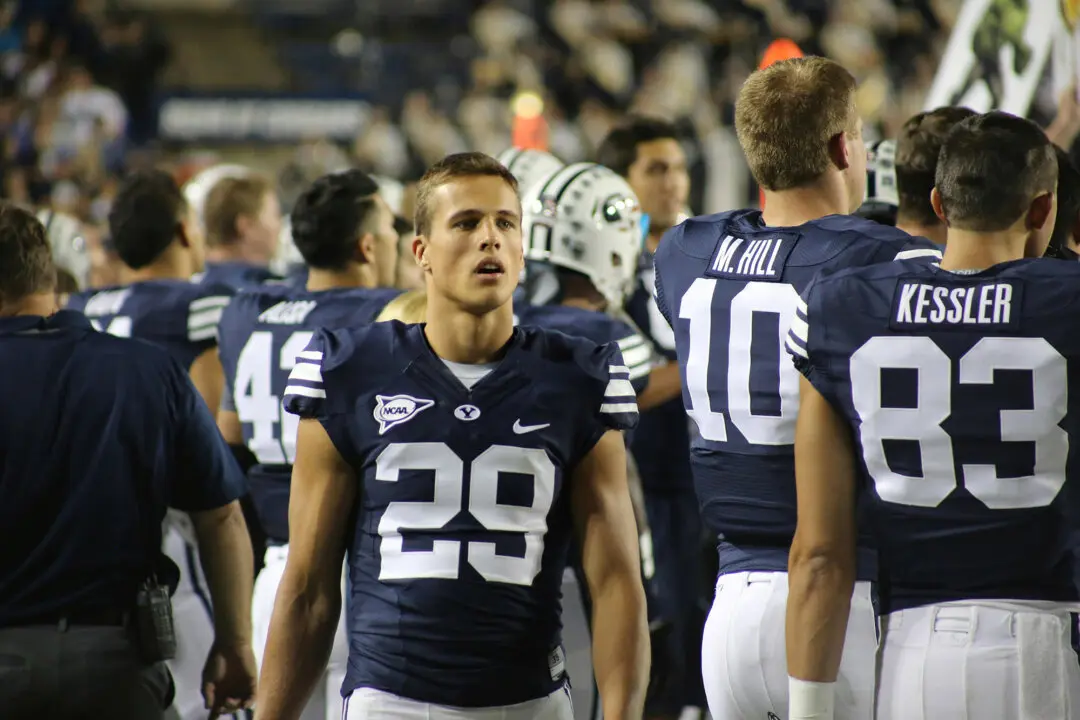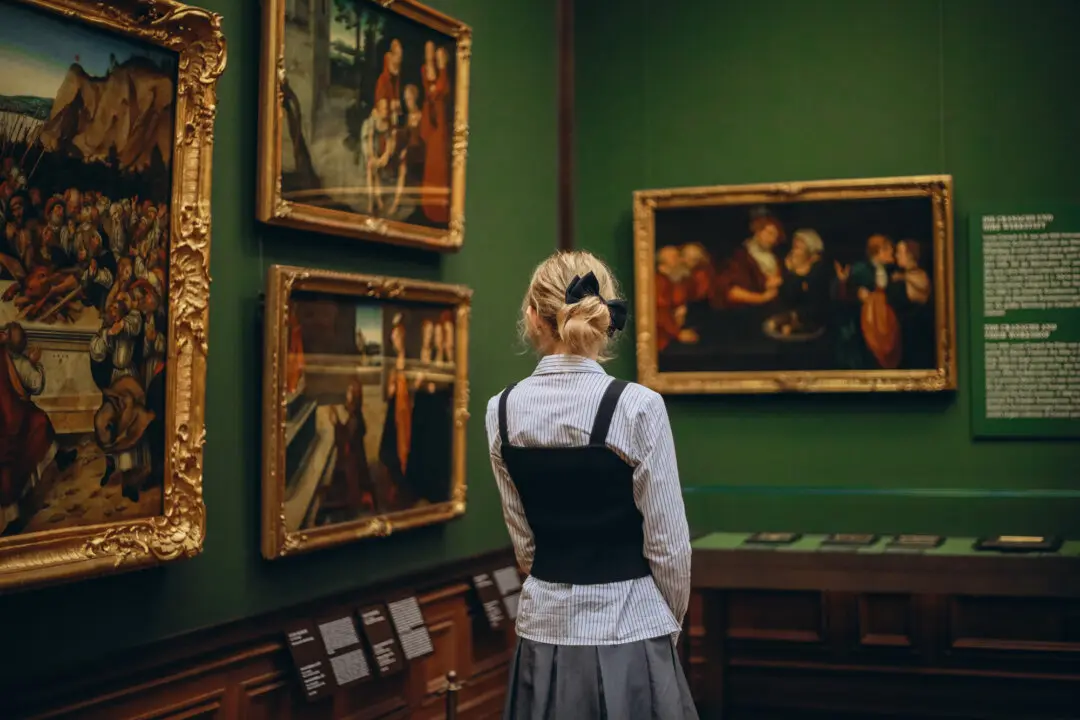In 1936, a 13-year-old boy from New York, who had run away from home, walked down a lonely road in South Dakota while a storm menaced in the murky clouds above. A trucker pulled over by the wayfarer and shouted, “Kid, there’s a tornado brewin’. Get in!” The boy did so and was saved from the tornado. The trucker, Morgan Tinzer, took him to his house and eventually contacted the boy’s parents.
What was the young New Yorker doing out west on that stormy day, without his parents’ knowledge?






